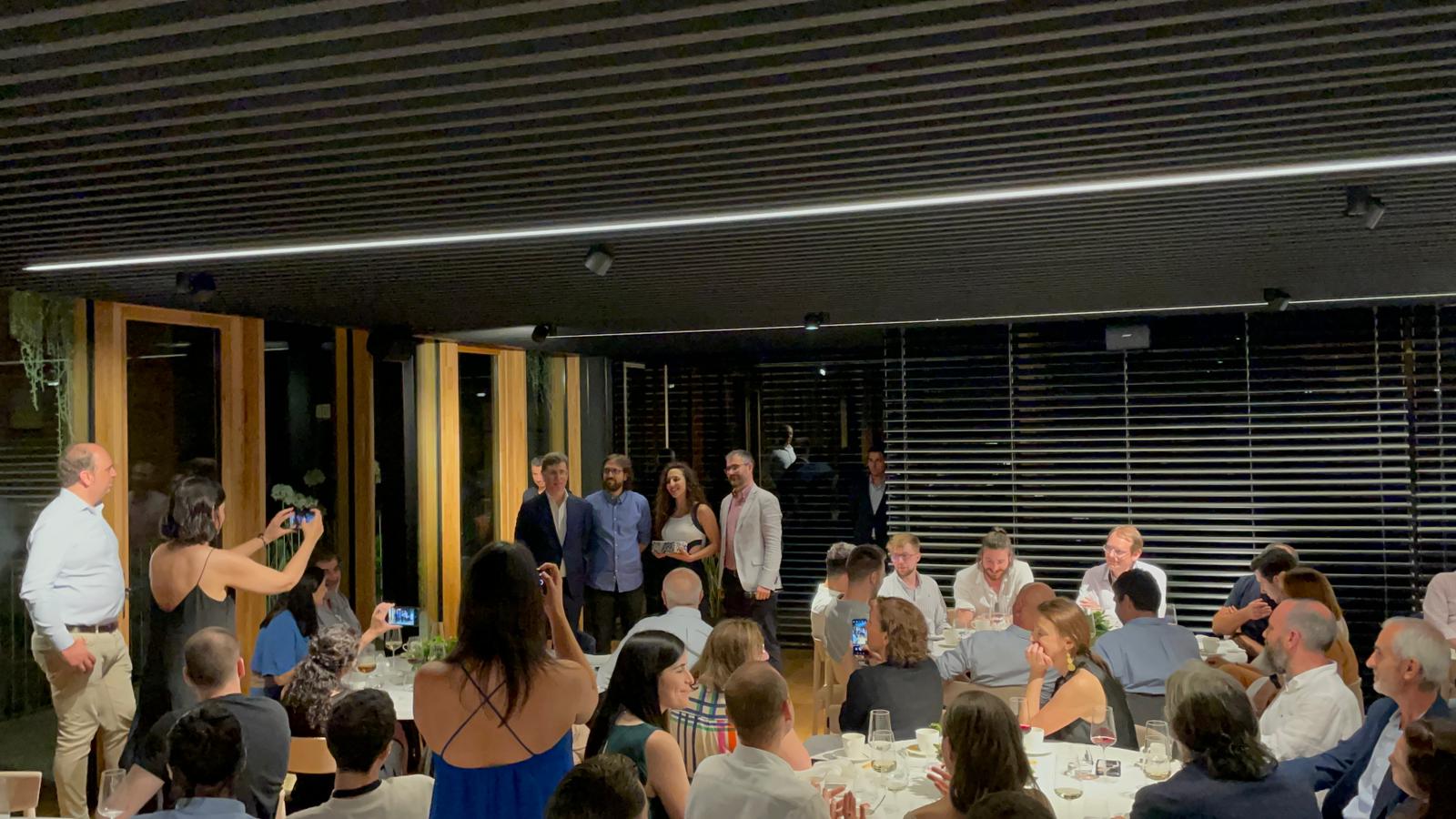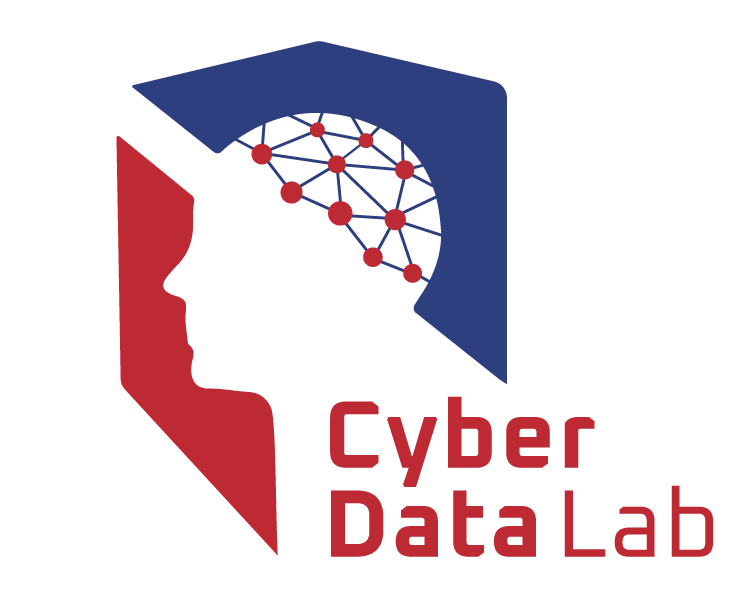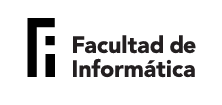The past 21st, 22nd, and 23rd of June, the VIII Jornadas Nacionales de Ciberseguridad (JNIC) took place, where a significant number of CyberDataLab members successfully presented their research lines.
JNIC is a scientific congress that aims to promote the gathering, exchange, and discussion of ideas, knowledge, and experiences among the academic and research community, as well as professionals and companies. Supported by the Instituto Nacional de Ciberseguridad (INCIBE), its goal is to highlight the latest scientific advances in the field and provide a platform for debating and presenting innovative perspectives in cybersecurity, facilitating the connection between research and innovation with the development of valuable products and services for society. During the event, researchers and professionals from different parts of the country present the results of their scientific research from various approaches, but with a common theme: cybersecurity. The conference focuses on three main areas: Research, Transfer, and Training in Cybersecurity. In this edition, the original scientific articles have been published in IEEEXplore, while extended versions of the highest-quality articles will be submitted to a special issue of the Wireless Networks (WINET) journal (Q2).
CyberDataLab's Participation in JNIC
The CyberDataLab actively participated in the conference, delivering a total of 7 presentations in the various paper sessions that took place. To summarize, the presented works were as follows:
- Alejandro Buitrago López, Javier Pastor Galindo, Félix Gómez Mármol. Exploring the availability, protocols and advertising of Tor v3 domains.
- Sergio López Bernal, Victoria Magdalena López Madejska, Gregorio Martínez Pérez, Alberto Huertas Celdrán. Avances en Ciberseguridad en Interfaces Cerebro-Máquina: Evolución y Trabajo Futuro.
- Pedro Miguel Sánchez Sánchez, Alberto Huertas Celdrán, Gerome Bovet, Gregorio Martínez Pérez, Burkhard Stiller. A Trustworthy Federated Learning Framework for Individual Device Identification.
- Enrique Tomás Martínez Beltrán, Pedro Miguel Sánchez Sánchez, Sergio López Bernal, Gérôme Bovet, Manuel Gil Pérez, Gregorio Martínez Pérez, Alberto Huertas Celdrán. Framework Seguro para Entrenar Modelos de Inteligencia Artificial Federados y Descentralizados.
- Rubén Gaspar Marco, Mariano Albaladejo González, Pantaleone Nespoli, José Ruipérez Valiente. Agentes de Aprendizaje por Refuerzo en Cyber Ranges para la Formación Realista en Ciberseguridad.
- Pablo Martínez-Sánchez, Pantaleone Nespoli, Joaquín García Alfaro, Félix Gómez Mármol. Metodología para automatizar agentes atacantes en plataformas de entrenamiento Cyber Range.
- Mario Fernández-Tárraga, Alejandro David Cayuela-Tudela, Pantaleone Nespoli, Félix Gómez Mármol, Joaquín García Alfaro. Entrenamiento bajo demanda en competencias de ciberseguridad en redes sociales.
In addition, three posters were presented during the networking sessions:
- Marta Irene García Cid, Manuel Gil Pérez, José María Jorquera Valero, Antonio López Martínez, Jorge Maestre Vidal, Gregorio Martínez Pérez, Laura Méndez García, Frida Muñoz Plaza, Pantaleone Nespoli, Javier Pastor Galindo, Pedro José Ramón Y Cajal, Francisco Antonio Rodríguez López, Pedro Miguel Sánchez Sánchez, Marco Antonio Sotelo Monge. European framework and proofs-of-concept for the intelliGent aUtomAtion of cybeR Defence Incident mAnagemeNt.
- José María Jorquera Valero, Pedro Miguel Sánchez Sánchez, Manuel Gil Pérez, Alberto Huertas Celdrán, Gregorio Martínez Pérez. A Review of “Toward Pre-standardization of Reputation-based Trust Models Beyond 5G”.
- Alberto Huertas Celdrán, Pedro Miguel Sánchez Sánchez, Chao Feng, Gérôme Bovet, Gregorio Martínez Pérez, Burkhard Stiller. A summary of Privacy-preserving and Syscall-based Intrusion Detection System for IoT Spectrum Sensors Affected by Data Falsification Attacks.
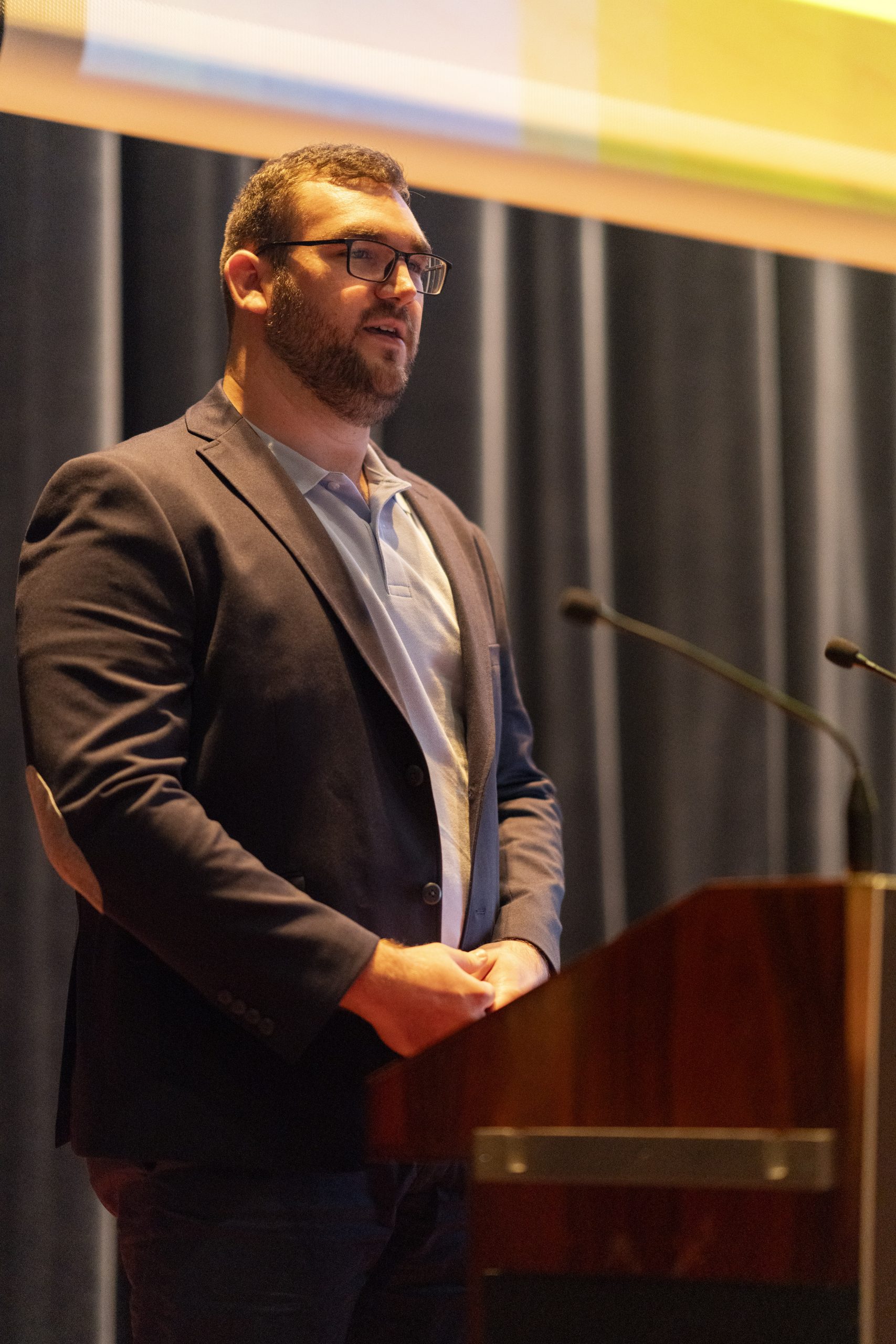
Images obtained from the JNIC organization.
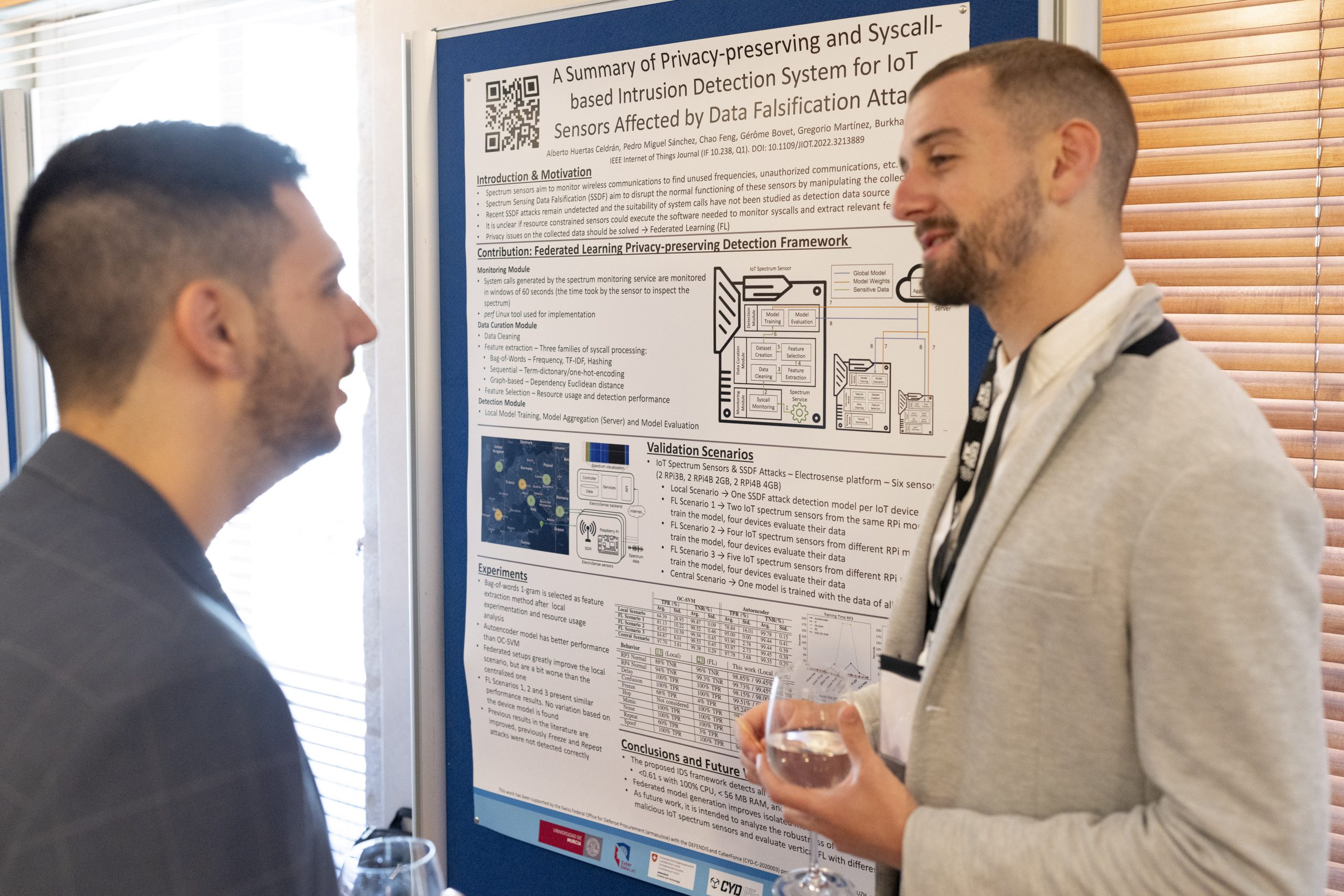
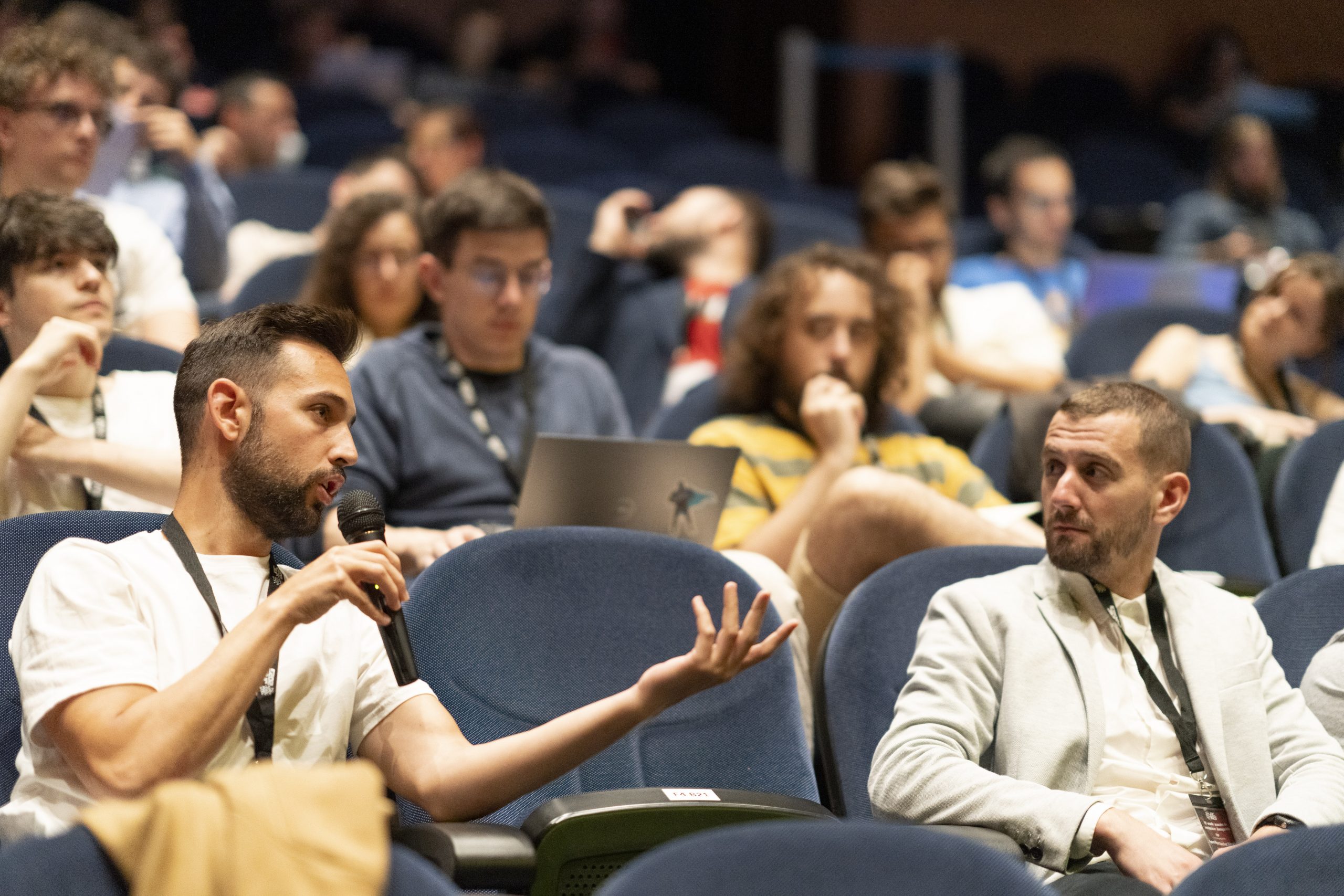
Having the opportunity to make networking
Attending the conference provided us with a unique opportunity to meet diverse research groups, each with their own areas of focus and specialization. This diversity turned out to be an enriching experience as it allowed us to learn about different methodological approaches, innovative perspectives, and advanced techniques used in research. Interacting with these groups gave us a more comprehensive and holistic view of the current scientific landscape, opening doors to new collaboration opportunities and synergies in the field of cybersecurity. Undoubtedly, connecting with these different groups granted us valuable advantages to expand our knowledge and enhance our perspective in the field of study.
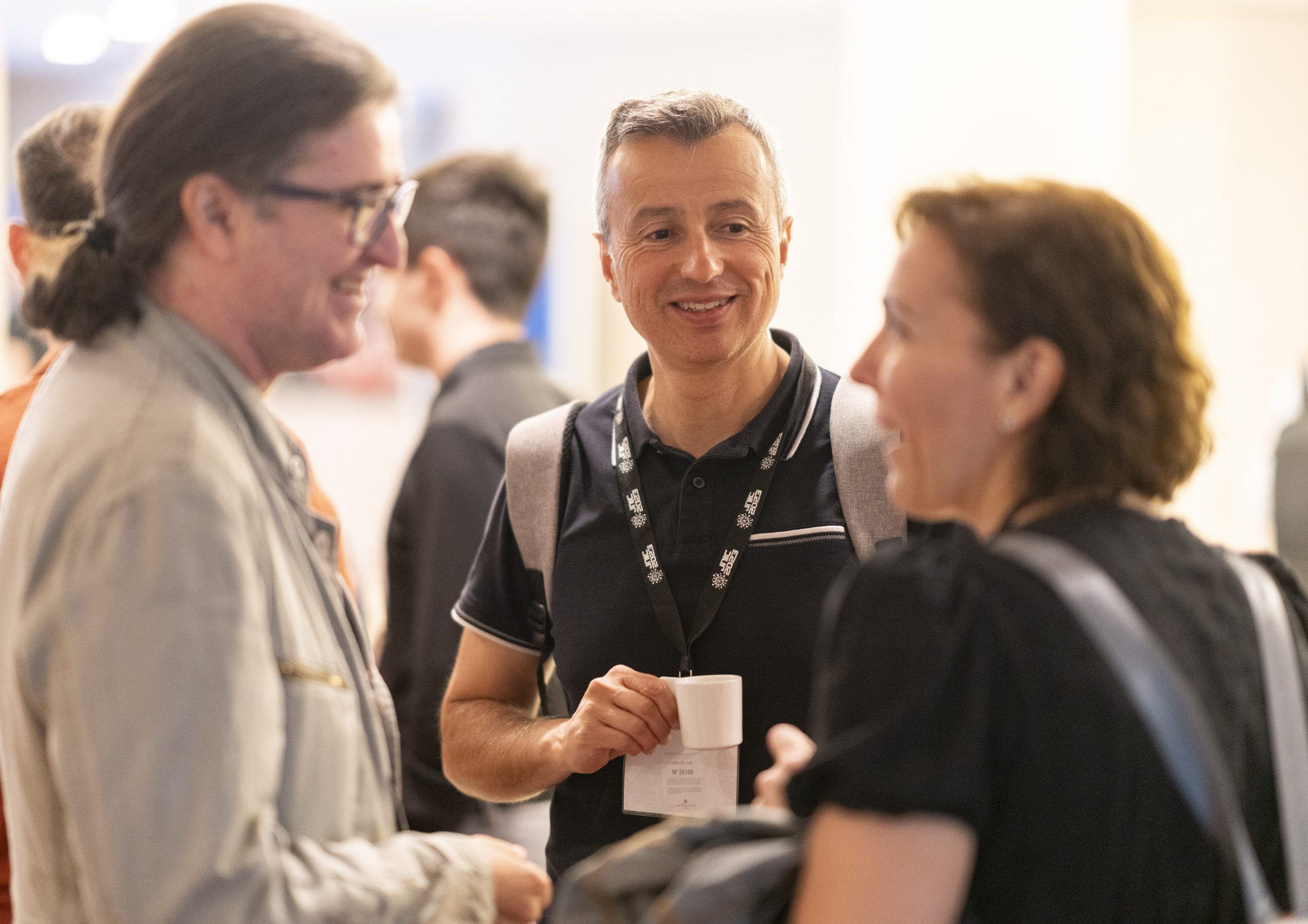
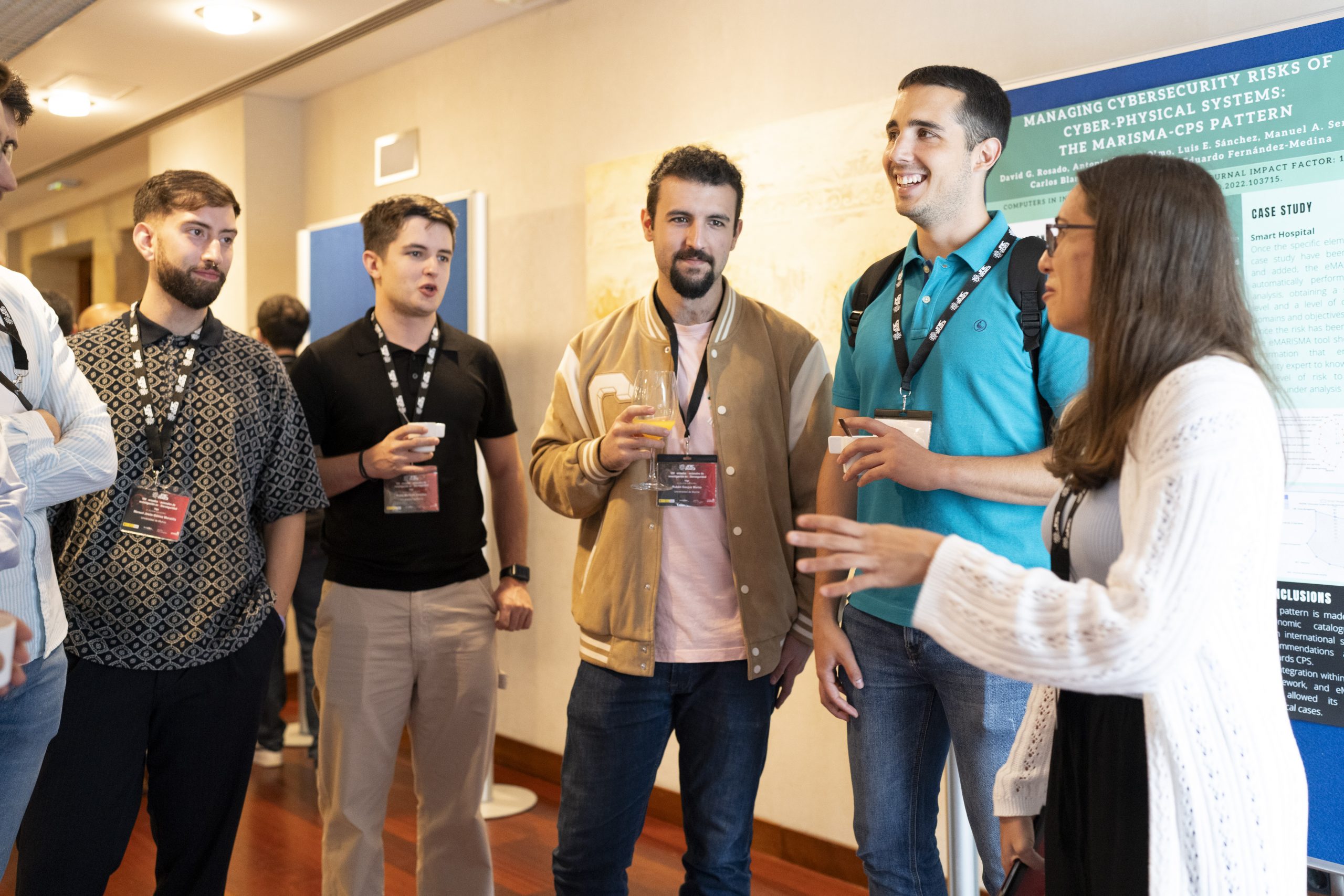
Making TeamBuilding
Participating in JNIC also provided us with a valuable opportunity to strengthen our team spirit through an enriching TeamBuilding experience. Throughout the event, we faced challenges and engaged in collaborative activities, mainly during leisure and nighttime sessions, which allowed us to bond with our team members. Working together to solve problems and discussing the various perspectives presented at JNIC helped us enhance our communication, cooperation, and problem-solving skills as a cohesive unit. Additionally, the exchange of ideas and knowledge with colleagues from different locations inspired us to develop new strategies and approaches for our future projects. The TeamBuilding we experienced during these sessions has left a positive impact on our group dynamics, fostering a culture of collaboration and mutual support in our academic and research endeavors.
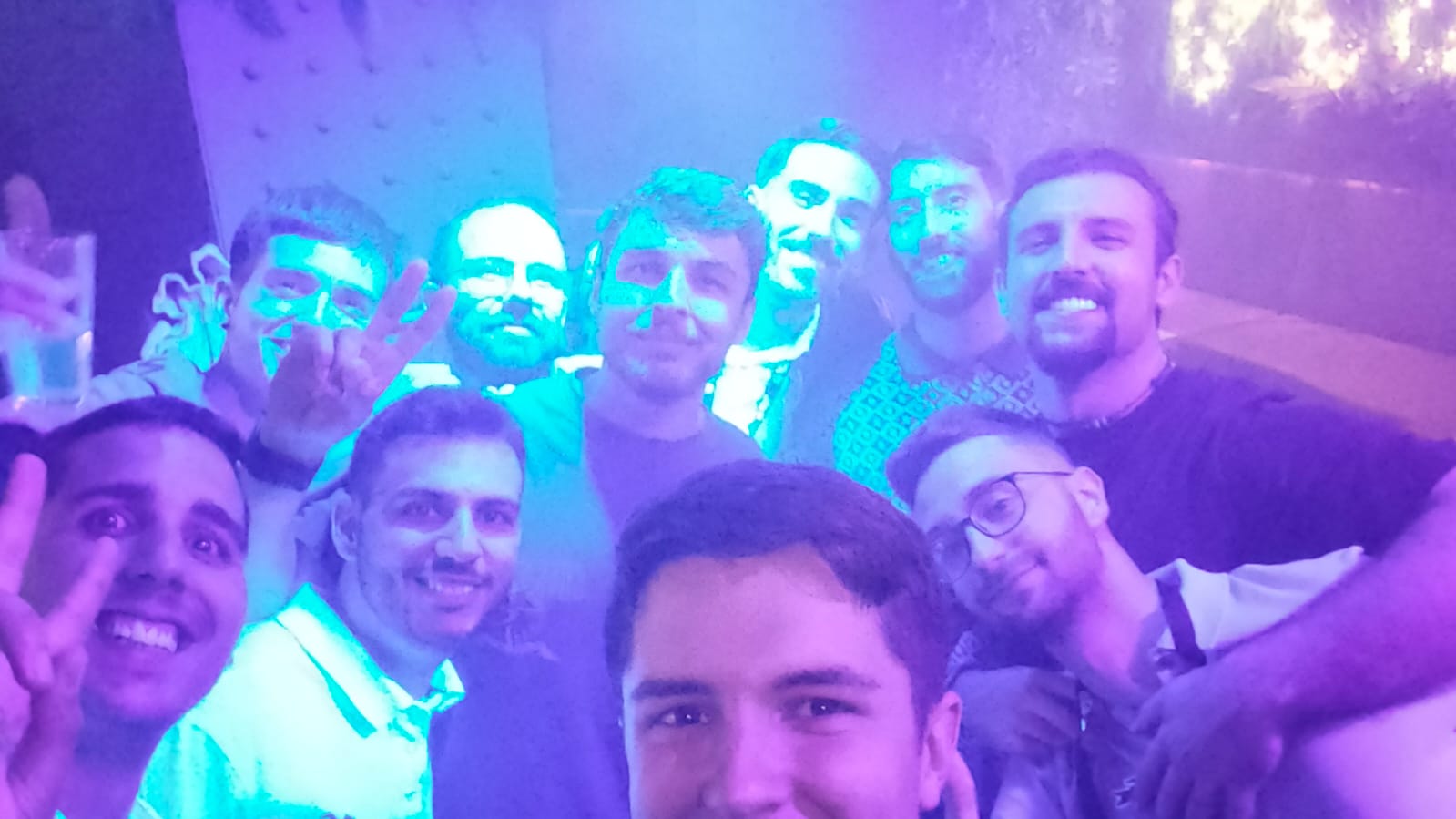
Best Paper Award at JNIC
Finally, one of the team’s works was awarded the “Best Paper Award in the Scientific Track of JNIC.” This article was titled “Avances en Ciberseguridad en Interfaces Cerebro-Máquina: Evolución y Trabajo Futuro.” We received this recognition with great pride at CDL.
